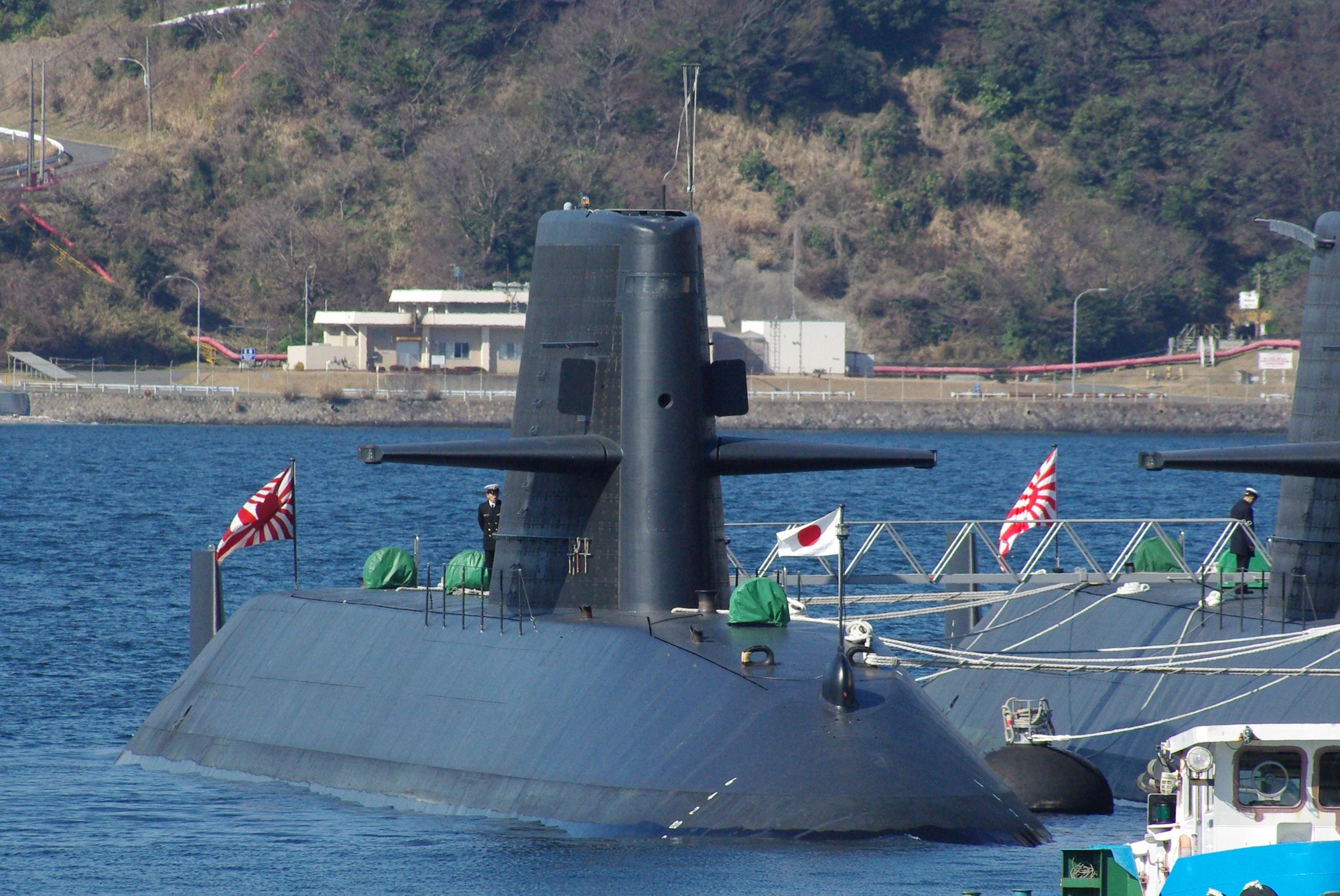 Sea State
Sea State
The British Ministry of Defence (MoD) rejected claims made by The Independent last week that the Falkland Islands have been left without the protection of a warship for the first time since the 1982 Falkland’s War. The report alleged that due to a major manpower crisis, engine difficulties with the Type 45 destroyers and preoccupation with monitoring Russian naval movements, there hadn’t been a warship dispatched to the region since November 2015. A MoD spokesman rebutted the claims, stating that the Falklands remained well protected by an offshore patrol vessel and approximately 1,200 UK personnel operating Royal Air Force Typhoons and ground defences.
A Japanese submarine docked in the Philippines for the first time in 15 years on Sunday, signalling the strengthening ties between the two countries. Oyashio and two Japanese destroyers docked in the former US naval base at Subic Port—just 200km from a Chinese-held shoal—as part of a routine visit. In February, Japan offered to supply military hardware to the Philippines—including the lease of three TC-90 surveillance planes—to help it to improve its naval capabilities and surveillance capacity in the South China Sea. The visit coincides with military drills between the US and the Philippines, which commenced on Monday in Manilla.
Flight Path
Breaking Defense is hosting a lively debate on the meaning of nuclear deterrence and the role of bombers in signalling and strengthening deterrence strategies. The series began last month when Adam Lowther and Chris Winklepeck argued that B-2 and B-52 exercises over the Korean Peninsula are important signalling tools for establishing credible nuclear deterrence. It received a response by Chris Doyle who argued that nuclear bomber signalling doesn’t work—and this was then followed-up by another article from Lowther defending his argument. Last week Mike Benitez, a nuclear certified weapons officer from the Royal Air Force Lakenheath in the UK, contributed in the debate by arguing that bombers used in a conventional configuration for deterrence signalling actually erode nuclear power messaging.
With the future of the A-10 up in the air, as now seems to be perennially the case at Pentagon budget request time, War Is Boring has published an article that outlines what work has been done on new light attack aircraft projects. It takes a look at the A-29A Super Tucano, the AT-6C, OV-10X, KA-1 Wongbee, Textron Scorpion and the Air Tractor 802U and concludes that without a new development program, the AT-6C and A-29 are the only viable, short-term options for USAF purchase based on their cost, maintainability and weapons.
Rapid Fire
Lebanon’s army will receive US$30 million in funding from the UK and US militaries years to train Lebanon’s Land Border Regiment in ‘urban counterterrorism’. The US has also given the Lebanese army three Huey II helicopters to help bolster its ability to respond promptly to isolated areas of hostility on its borders. However, this support only amounts to a fraction of what the Lebanese have recently lost, with Saudi Arabia announcing last month that they’d suspend billions in funding to Lebanese security forces due to Beirut’s ‘non-condemnation of the blatant attacks against the Saudi Embassy in Tehran’.
Last week the Australian Department of Defence announced that it would extend, for an undisclosed period, the evaluation phase to pick a shortlist of candidates to provide 225 Combat Reconnaissance Vehicles to the Army under Project Land 400 Phase 2. This time will be used to ensure that risk management actives are aligned with the latest Industry Policy, which was released with the new Defence White Paper in February.
Over the weekend the Australian Military Police celebrated their centenary of service with a public ceremony at the Australian War Memorial in Canberra. As one of the oldest units in the Australian Army, the Military Police have served in all military and peacekeeping operations Australia has participated in since their inception in 1916.

